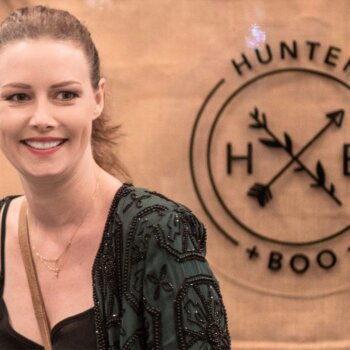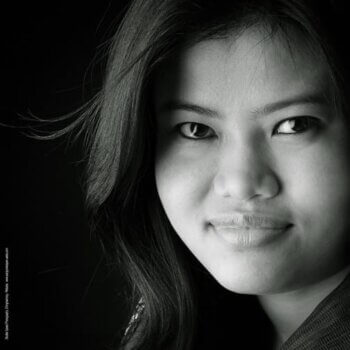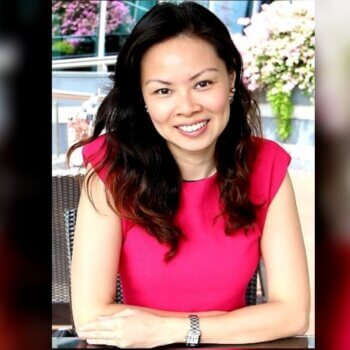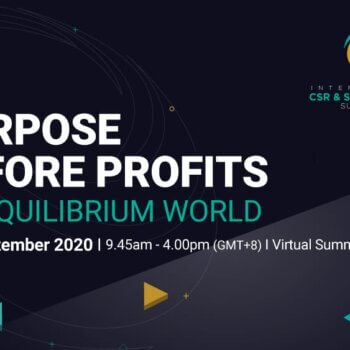I recently read an article on the International Day of the Girl with very mixed feelings. It has been some time that my heart and brain were challenged at the same time. It made me cry and it made me brainstorm. I believe if there isn’t such a word yet — I will coin it now — I had a “heart-storm“.
Firstly as a female, I knew that we aren’t always treated equally as men. I saw it first-hand in my highly male-dominated household where my dad controlled all the conversations. It was his way or the highway. However, I forgot or probably never had the true tension of struggle that many of my other Asian and international sisters had. Unlike many baby girls in China or India, in Singapore I was treasured at birth. My government was so intent on keeping us healthy, they sent milk to schools for every child to drink, and even oatmeal for me to take home when I was found at health checks to be underweight.
In the article, I read that globally, twice as many girls as boys will never start school. My history involved me being the top student in kindergarten, but then falling down to twentieth position in the following year when I realized that the cute boy I liked in class preferred less smart girls. My parents never pressured me to marry. Society around me suggested that marriage would be a great thing and my Indonesian helper would look at me in despair when I cut my hair into a bob and stayed at home to read rather than go out on a date. As time went on, I grew past the typical marrying age. My girl friends told me I was too strong and offered many means for me to look more “marriage-able” material. Most of these tips involved keeping my mouth shut and smiling more. I tried my best when I was 28 and then I simply gave up.
I, did, however encounter my first gender and age-ist discrimination when I started to teach night classes in the community college. I would have the older male, usually Chinese (the dominant ethnic race in Singapore) lecturers try to chase me out of the office lounge or ask me if I enjoyed their classes simply because I couldn’t possibly in their minds have a Masters from Harvard at age 32, right? I was the one (wo)man out.
In the article, it said that “Unicef, published figures that showed girls between the ages of five and 14 spend 40% more time doing unpaid housework and collecting water than boys – a trend that will continue into adulthood.” (https://www.theguardian.com/global-development/2016/oct/11/how-are-you-marking-international-day-of-the-girl-share-your-stories-guardianwitness). I myself don’t know how to cook, and I have a part-time cleaner. My parents never made housework my thing; rather, studying was. And I repaid them with degrees and certificates and awards. So I began to look less and less like an average career woman and started playing the ‘male road warrior’ game. I train in Bangalore and the entire hotel is male except for the hotel staff and perhaps five women guests. I train male-dominated industries like airforce pilots, the police force, and lead meetings with the all male orthopedics who shout at my staff (male) and me. It just becomes something I just do.
I am not surprised that while “world leaders have also committed to end discrimination against women and girls by 2030; although this will need a huge effort – if we continue at the current rate of progress, it will take more than 100 years to achieve.” (https://www.theguardian.com/global-development/2016/oct/11/how-are-you-marking-international-day-of-the-girl-share-your-stories-guardianwitness).
This is where my heart-storm arises. I slipped through the cracks? I passed through the broken glass shards? Broken by the women before me who may not have survived the cuts. Yet I look around and there are wayyyyy to few of us here at the “Top”. Does it take the sacrifice of working night and day and having no family of my own? Does it take brilliance to be awarded the scholarships to universities that most girls never get? Does it take a father whose emphasis on education made the woman I am today? Or does it need a new version of what being on the “Top” really means?
What if it means that all voices are leading? Not the “Top” — rather, collaboration, inclusion and letting all our full potentials arise regardless of the the body form it takes. More voices of diversity should be leading not just the ones who are dominant because of gender, ethnicity and social economic status. I find it lonelier and harder to be one of the few women in the room. Yet I know I must stand there. As too few of my sisters ever will have this opportunity. These opportunities — to be born; to be educated; to be looked at in school as precious and talented and able to take on any work, gender-blind (this is what happens more in all girls schools like the one I attended); to be able to take on the same job as a man and be seen for my ability; to be able to speak and advocate for change and conscious leadership in places where leaders look exactly alike and think exactly alike; to make my one voice and influence facilitate more voices and women leaders and leaders-to-be to be heard.
Maybe then and only then — will this heart-storm of mine ease.
Follow my one-month tribute to the International Day of the Girl “Women on Top in Tech” series, where I feature the women who broke through the glass ceilings or basically made their own paths where there seemed to be few or none (like Damini Mahajan: https://www.asianentrepreneur.org/tiecon-2016-damini-mahajan-ceoco-founder-make-scholars/.)
I am looking for more women to feature! Please contact me at [email protected] if you know of any who lead in the tech/digital space.





























